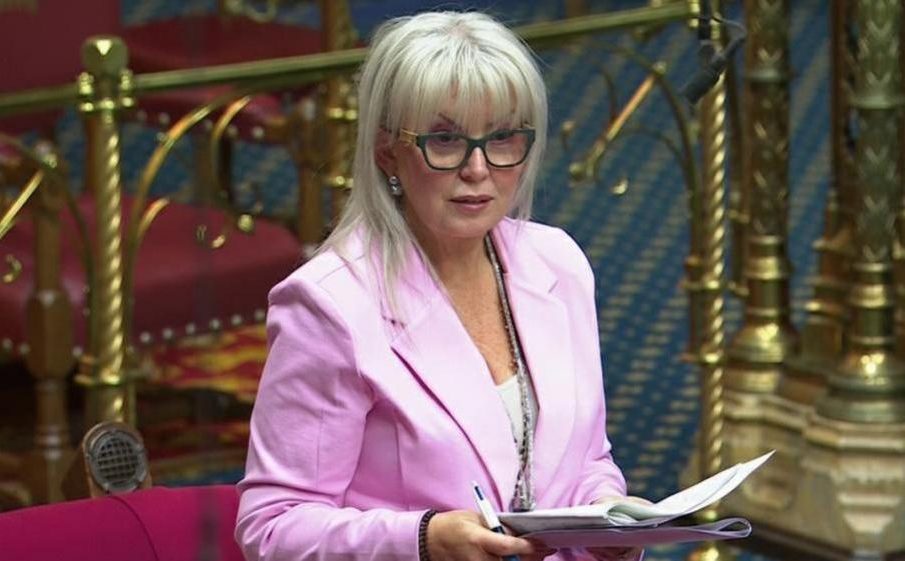The Advocacy and Impact of Baroness Newlove

Introduction
Baroness Newlove has emerged as a significant advocate for victims of crime, community safety, and social justice in the United Kingdom. As a former Commissioner for Victims and Witnesses, her work transcends traditional political roles, addressing critical societal issues that resonate deeply with the public. This article reviews her background, key initiatives, and ongoing relevance in contemporary society.
Background
Born in 1965, Baroness Newlove’s personal experience with crime, particularly the tragic murder of her husband, has shaped her commitment to advocating for victims. Her rise to the House of Lords in 2013 marked a pivotal moment as she sought to influence legislation and public policy aimed at improving the lives of those impacted by crime.
Key Initiatives
Baroness Newlove has championed numerous initiatives focused on victim rights and community safety. Her role as Commissioner for Victims and Witnesses allowed her to voice the concerns of those affected by crime and work towards systemic changes within the justice system. Among her notable initiatives is the promotion of restorative justice, which seeks to heal relationships between victims and offenders rather than simply imposing punitive measures.
Moreover, she has been a strong proponent of safety in public spaces, advocating for better lighting, increased police presence, and community engagement strategies, especially in areas plagued by crime. Her efforts contribute to the broader dialogue on how to create safer communities across the UK, an issue that continues to hold great importance for citizens.
Impact on Legislation
Baroness Newlove has played a crucial role in influencing legislation related to victim support. She has worked closely with various stakeholders, including governmental bodies, police forces, and local communities, to push for laws that protect victims and ensure they are treated with dignity throughout the legal process. Her advocacy work was instrumental in the formulation of the Victims’ Code, which outlines the rights of victims and the corresponding obligations of authorities.
Conclusion
Baroness Newlove’s commitment to victim advocacy reflects a significant shift in how society views the responsibilities towards those who have suffered due to crime. As she continues to champion community safety and victim rights, her work serves as a reminder of the urgency to address the complexities of crime and justice in contemporary Britain. With the increasing rates of violent crime and public concern over safety, her contributions will undoubtedly remain relevant in shaping policies that aim to create a more just and secure society for all.









